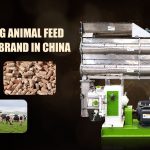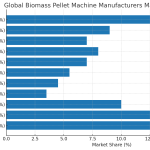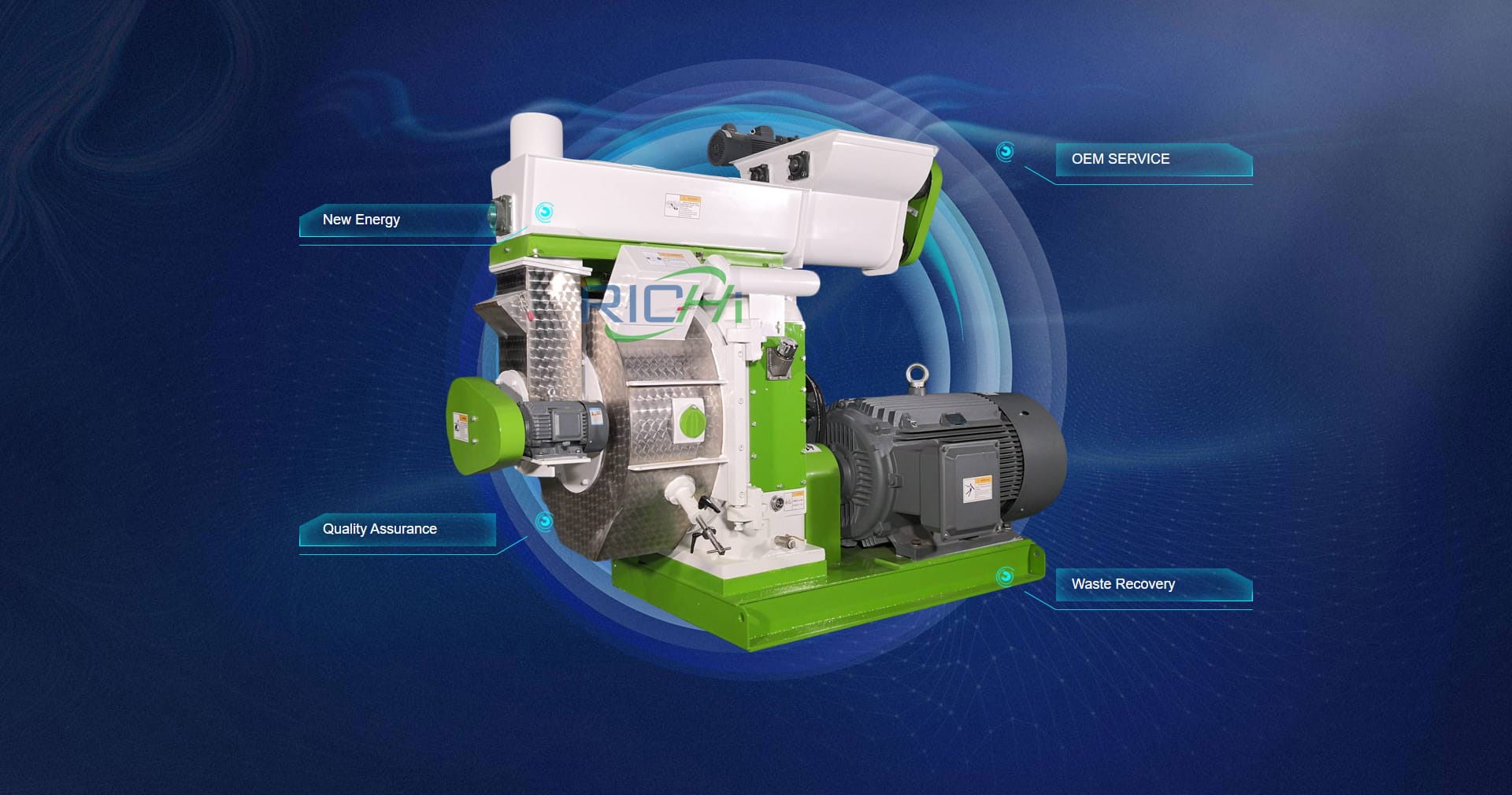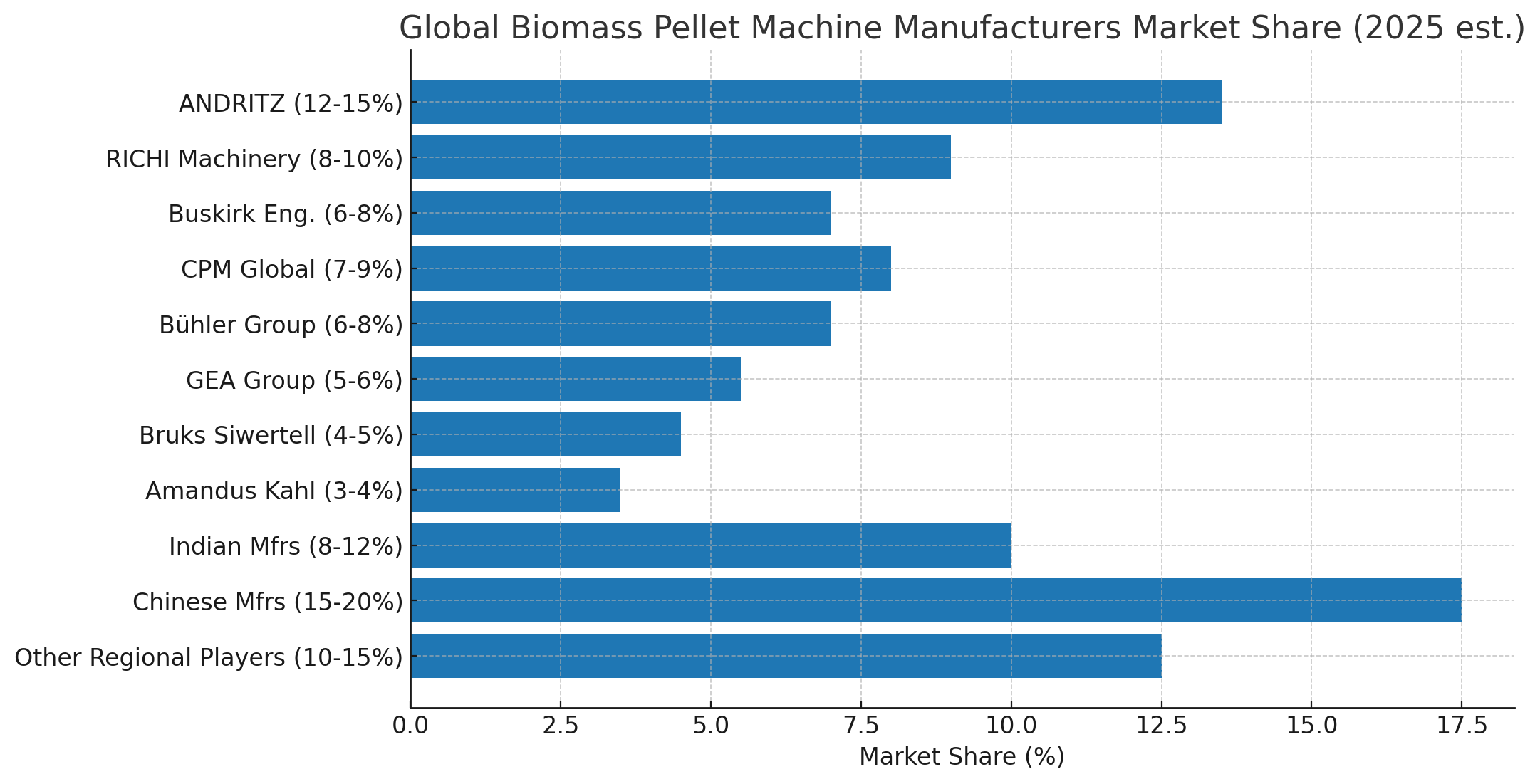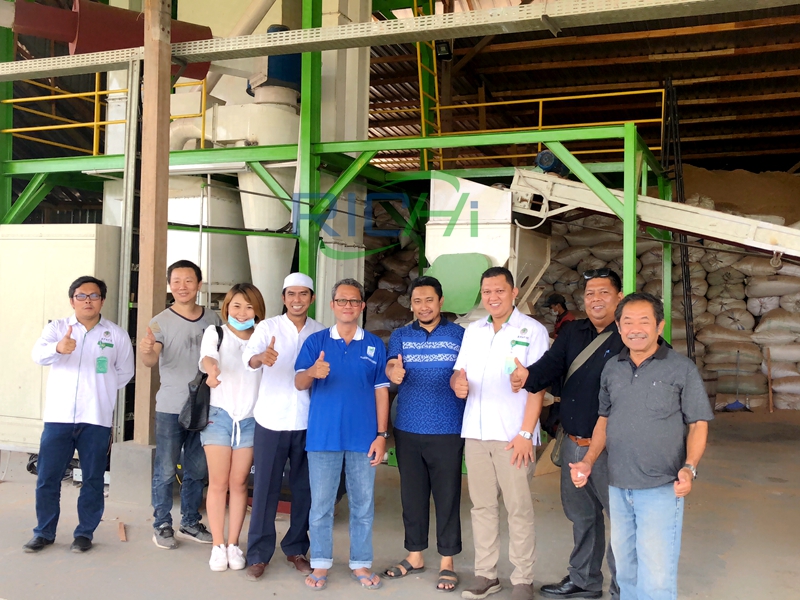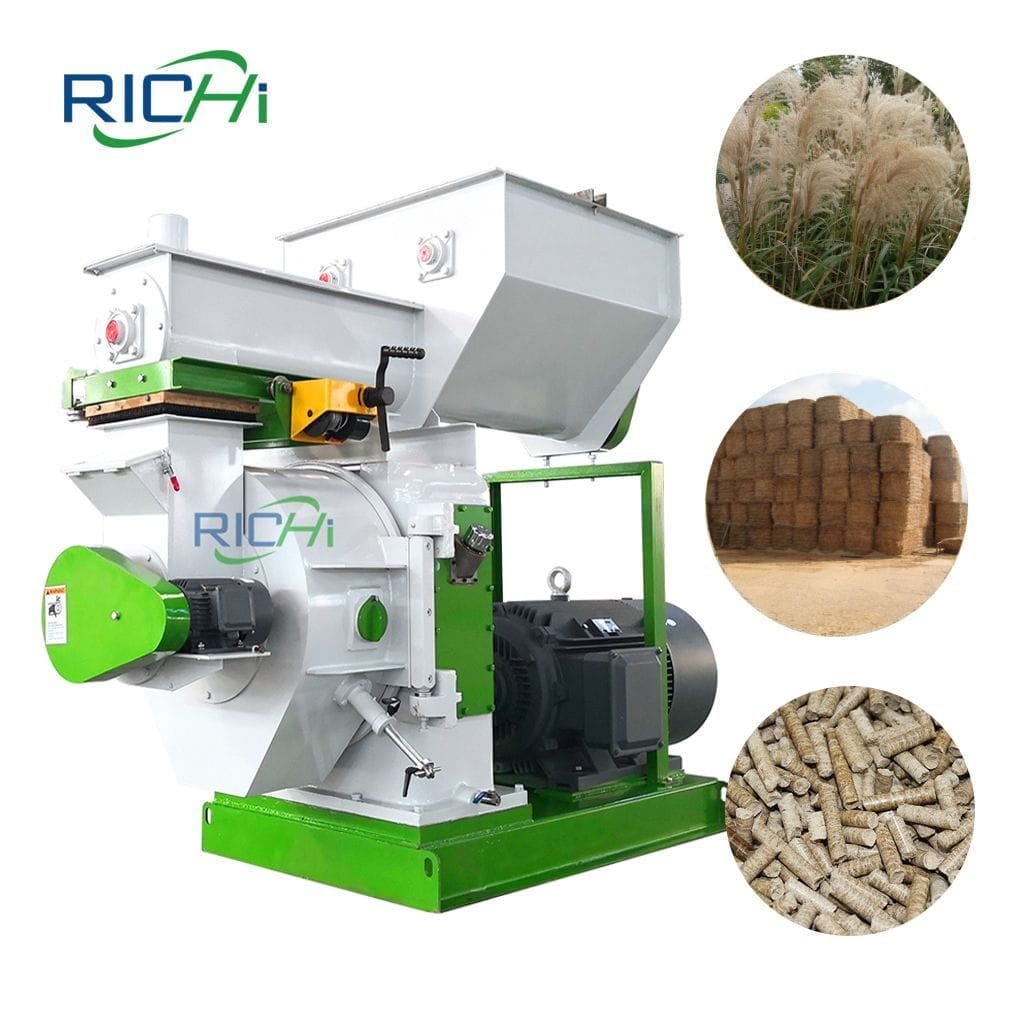Biomass pellet presses are critical equipment used to convert various types of biomass materials, such as agricultural residues and wood waste, into high-density fuel pellets. The reliability and overall performance of these presses are heavily influenced by the quality and suitability of their accessories. Selecting the right accessories not only enhances the production process but also plays a significant role in determining the long-term reliability and effectiveness of biomass pellet presses. This article explores how accessory selection impacts the reliability of biomass pellet presses and provides insights into making informed choices.
1. Importance of Feeder Selection
The feeder is responsible for delivering a consistent flow of raw materials into the pellet press. The quality and design of the feeder can significantly impact the reliability of the machine.
- Durability: Feeders made from durable, wear-resistant materials can withstand the abrasive nature of biomass materials, reducing the frequency of replacements and maintenance. This directly contributes to the long-term reliability of the pellet press.
- Flow Control: A well-designed feeder provides accurate and consistent material flow, preventing fluctuations that can lead to operational issues and increased downtime. Inconsistent feeding can cause pressure variations in the pellet chamber, affecting pellet quality and leading to more frequent breakdowns.
2. Crushing System Quality
The crushing system is used to reduce the size of biomass materials before they enter the pellet press. The efficiency and quality of the crushing process can impact the reliability of the machine.
- Particle Size: Selecting a crusher that can consistently produce the desired particle size (typically less than 5 mm) for optimal pelleting is crucial. If the material is too large, it may not compact properly, leading to weak pellets and increased wear on the pellet press components.
- Maintenance Requirements: Choosing a crusher with low maintenance needs can significantly reduce downtime and associated maintenance costs. Regular maintenance of the crusher will also prolong its lifespan and ensure consistent performance, minimizing the risk of breakdowns.
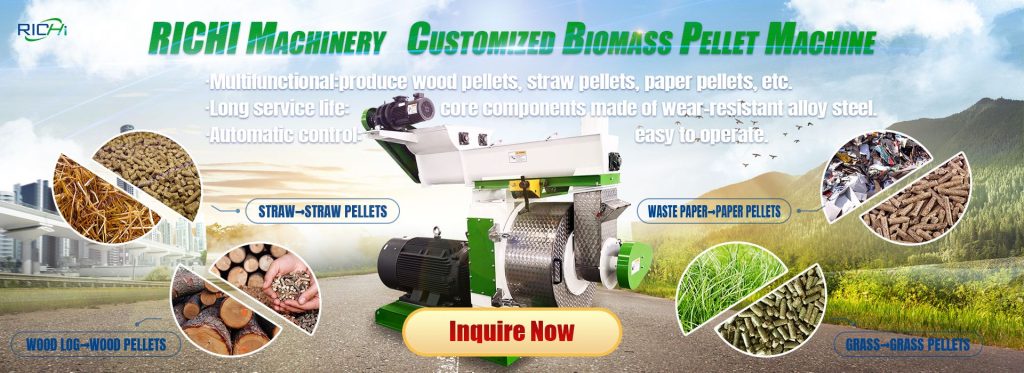
3. Die and Roller Quality
The die and rollers are critical components of the pellet press, responsible for shaping the pellets. Their quality directly impacts the efficiency, durability, and reliability of the machine.
- Material Selection: Dies and rollers should be made from high-quality, wear-resistant materials to withstand the high pressures and temperatures during pelleting. Poor-quality components can lead to frequent replacements, increased downtime, and reduced reliability.
- Precision Engineering: The precision of the die and roller design is crucial for ensuring consistent pellet size and density. Inaccurate components can lead to uneven pellet formation, affecting the overall quality and performance of the machine, which may necessitate more frequent maintenance and repairs.
4. Cooling System Efficiency
The cooling system is essential for stabilizing the pellets after they are formed. Proper cooling is vital for maintaining pellet quality and preventing spoilage, which can impact the reliability of the machine.
- Cooling Efficiency: High-quality cooling systems effectively reduce the temperature of the pellets while minimizing moisture loss. This is crucial for maintaining the structural integrity of the pellets and ensuring they are ready for packaging. Inefficient cooling can lead to issues with pellet quality and increased downtime.
- Impact on Production Rate: An efficient cooling system helps prevent bottlenecks in the production process, allowing for a smoother workflow and higher overall output. Delays in cooling can lead to increased downtime and potential issues with pellet quality.
5. Selecting Quality Accessories
Investing in high-quality accessories can significantly improve the reliability of Biomass Pellet Making Machines over the long term. When selecting accessories, consider the following factors:
- Supplier Reputation: Choose accessories from reputable suppliers known for their quality and reliability. Researching suppliers and reading reviews can help ensure that you are investing in durable components that require less maintenance and are less prone to breakdowns.
- Compatibility: Ensure that the accessories are compatible with the specific model of the biomass pellet press. Incompatible components can lead to operational issues, reduced efficiency, and increased downtime.
- Warranty and Support: Look for suppliers that offer warranties and after-sales support for their products. This can provide peace of mind and assistance in case of any issues that arise during operation, potentially reducing downtime and improving reliability.
6. Preventive Maintenance and Monitoring
Implementing a preventive maintenance program and closely monitoring the performance of the biomass pellet press and its accessories is essential for ensuring long-term reliability:
- Regular Inspections: Conduct routine inspections of all components, including feeders, crushers, dies, rollers, and cooling systems, to identify any signs of wear or damage. Address any issues promptly to prevent further deterioration and breakdowns.
- Performance Monitoring: Regularly monitor the performance of the pellet press, tracking key parameters such as pressure, temperature, and output. This data can help identify potential issues before they lead to failures and ensure that the machine is operating within its optimal range.
- Maintenance Records: Keep detailed records of all maintenance activities, including dates, tasks performed, and any issues identified or addressed. This documentation can help identify trends and patterns that may indicate the need for upgrades or modifications to improve reliability.
7. Conclusion
The selection of accessories for biomass pellet presses plays a critical role in determining their long-term reliability and overall performance. By focusing on the quality of feeders, crushers, dies and rollers, and cooling systems, producers can optimize their pellet production processes and ensure consistent, high-quality output while minimizing the risk of breakdowns and unplanned downtime.Investing in high-quality accessories and implementing a robust preventive maintenance program will contribute to the overall reliability and success of biomass pellet production operations.
As the demand for renewable energy sources continues to grow, prioritizing the selection of quality components and reliability will be essential for maintaining a competitive edge in the market. By understanding the importance of accessory selection and its impact on machine reliability, producers can enhance the longevity and efficiency of their biomass pellet presses, ultimately leading to greater profitability and sustainability in their operations.
